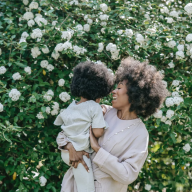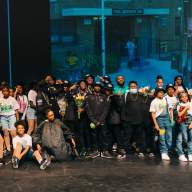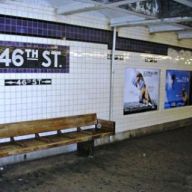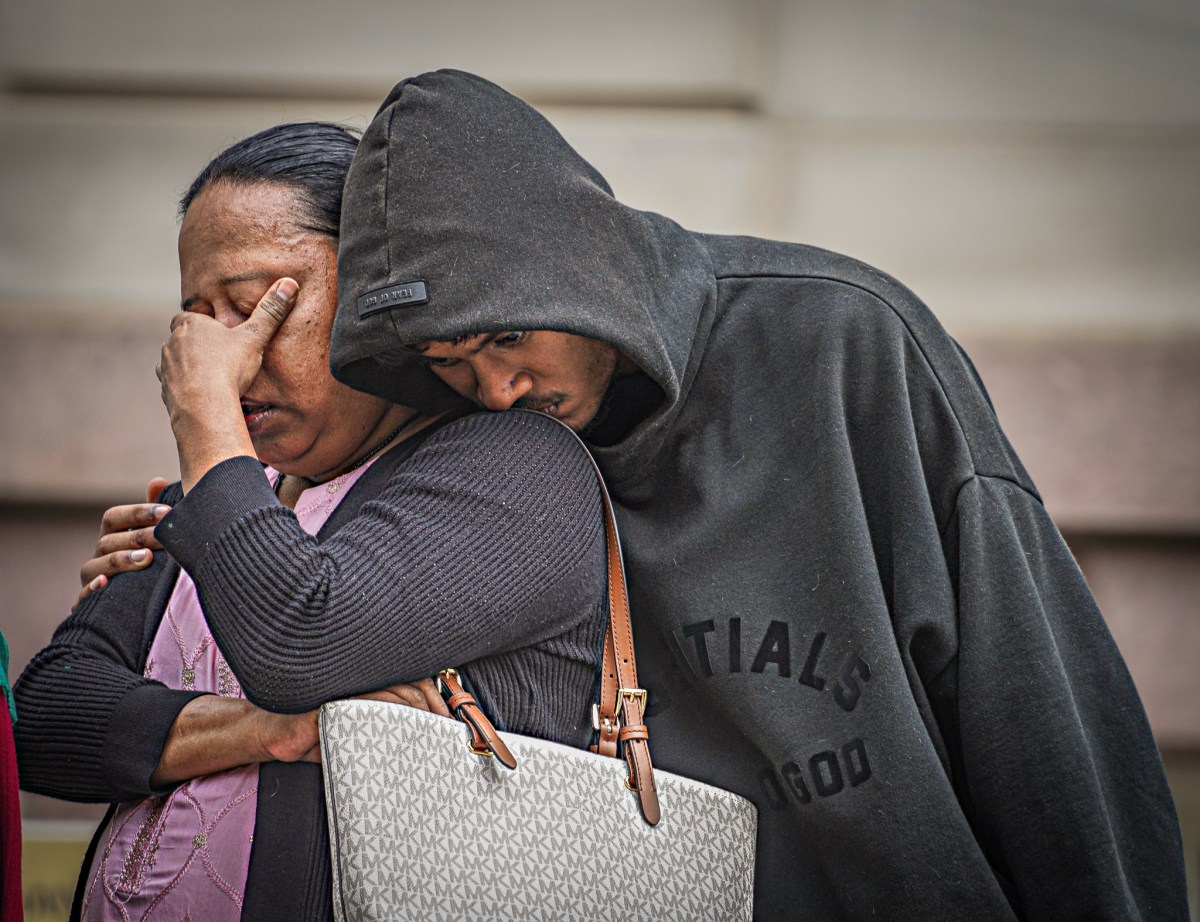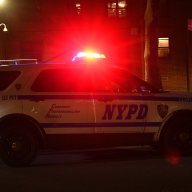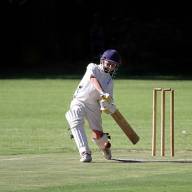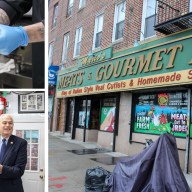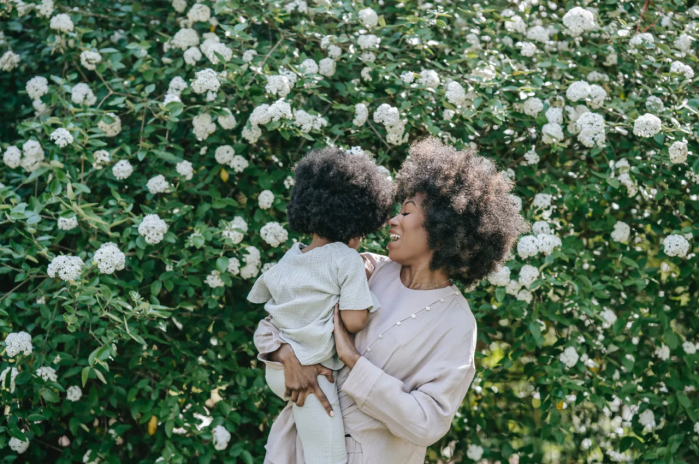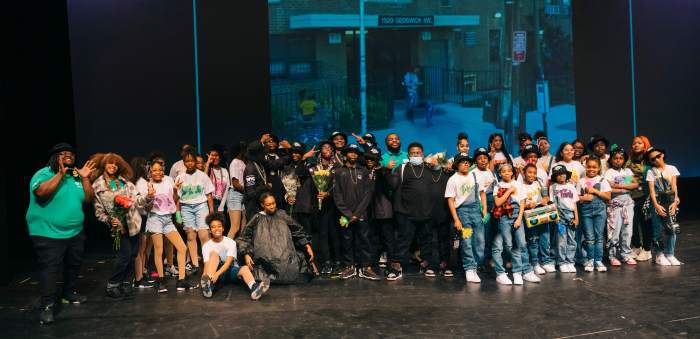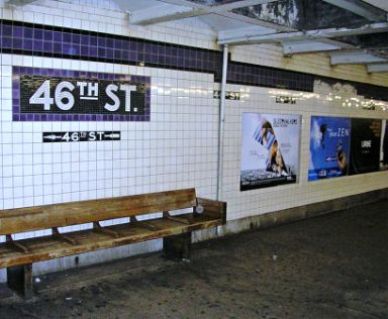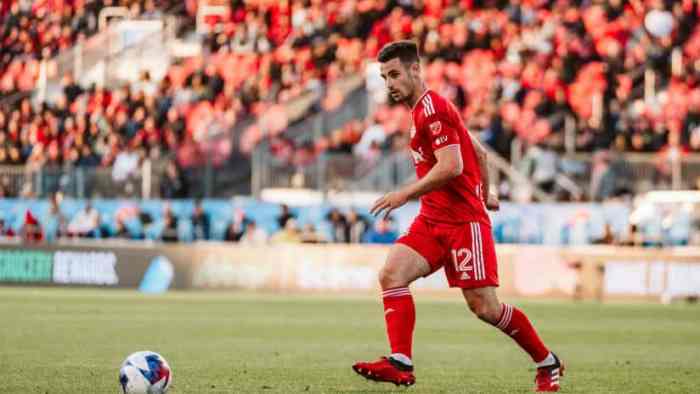By Alex Christodoulides
Mistress of ceremonies and WNET host Denise Richardson quoted Dr. Martin Luther King Jr. to summarize Booth's life: “If you want to say that I was a drum major, say that I was a drum major for justice; say that I was a drum major for peace; I was a drum major for righteousness.”Speaker after speaker praised Booth's tireless fight for racial equality and justice throughout his 84 years. He earned his bachelor's degree from Queens College before going on to New York University for law school, and used his knowledge, clout and determination to knock down injustice in New York City and around the world. He also used his abilities in South Africa, observing the trial of an Anglican Church dean who opposed apartheid, as well as a trial in Namibia of 12 Namibian nationals accused of terrorism. With a former attorney general, he attended the trial of officials from the government of assassinated Chilean President Salvador Allende. Besides his numerous civil rights and professional commitments and his lifetime of service with the National Association for the Advancement of Colored People, Booth served for 13 years on the benches of the Criminal and State Supreme Courts, and headed Mayor John Lindsay's Human Rights Commission from 1966-69 during a period of high racial tension in the city. He marched in countless civil rights protests, helped people of color get started on career paths, and was described by those who loved him as larger than life.Rev. Floyd Flake, pastor of the Allen AME Church in Jamaica, praised Booth's involvement with the school and church. “Because of him, our lives in the community are better and our lives in the nation are better,” Flake said.The two men met soon after Flake first arrived in Jamaica. “When I came down from Boston, he made himself known and asked if we might meet. I thought it a bit strange, being 30 years old with a 5-inch-high Afro, but it turned out to be a blessing,” he said.Booth's daughter Gini read eulogies written by relatives who could not attend, then spoke about her father. “My mother taught me social graces; my father taught me social responsibility,” she said.”The 1960s was a time of turmoil. Not that [any of this] was new, but for the first time people were doing something about it. Following in the footsteps of my father, I was active in the NAACP” and marched alongside him in protests, she said.Queens Borough President Helen Marshall described Booth's impact on the city as he fought insularity in the Human Rights Commission, blasted racial bias in the Taxi and Limousine Commission and the city school system, stood up to demand that black workers be hired on construction projects such as Rochdale Village, and helped several mayors defuse tension in the city.Former New York Mayor David Dinkins hailed Booth's civic spirit when he said, “Bill Booth understood that our time on earth is meant to be spent doing for others as well as ourselves.”Reach reporter Alex Christodoulides by e-mail at news@timesledger.com or by phone at 718-229-0300, Ext. 155.

